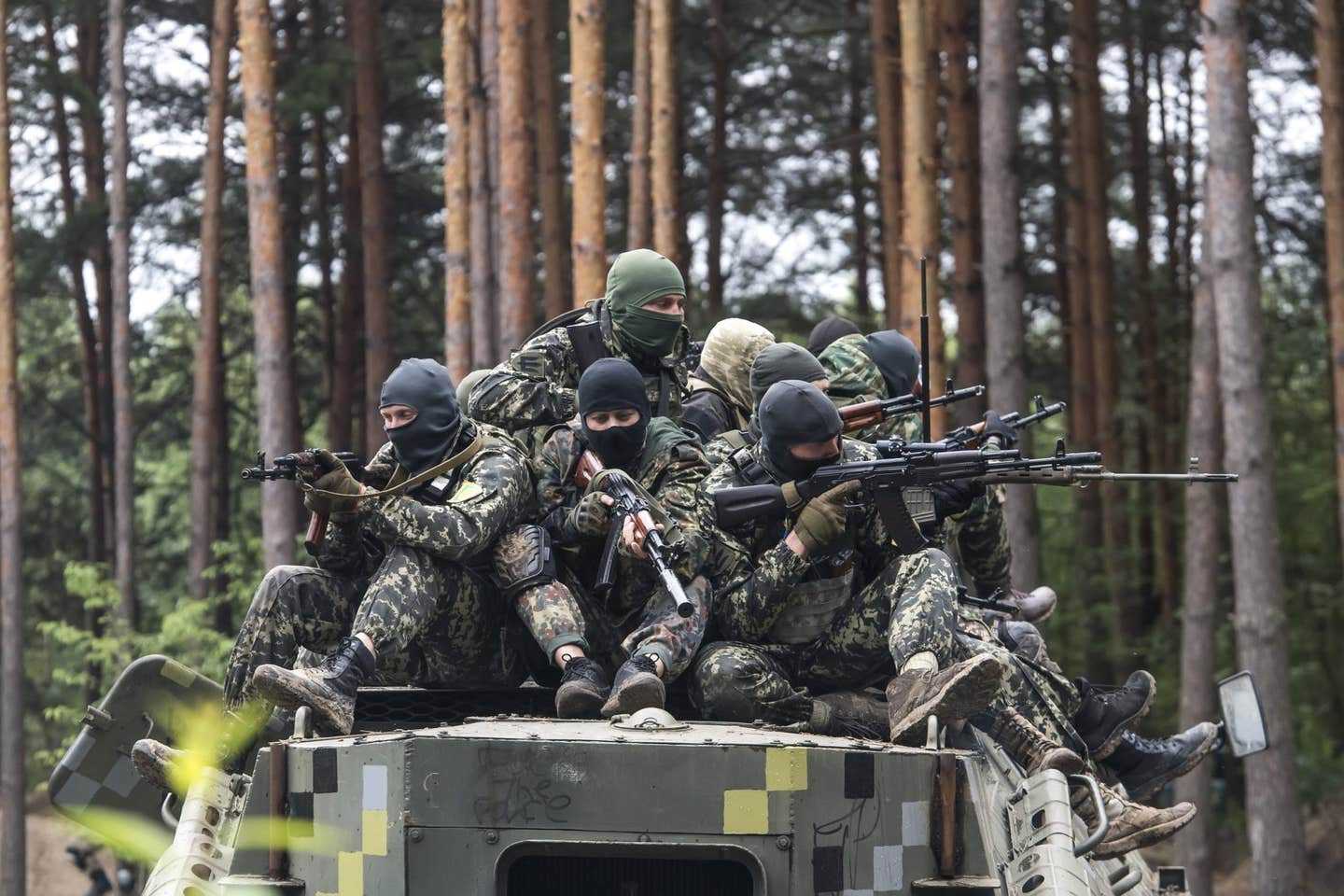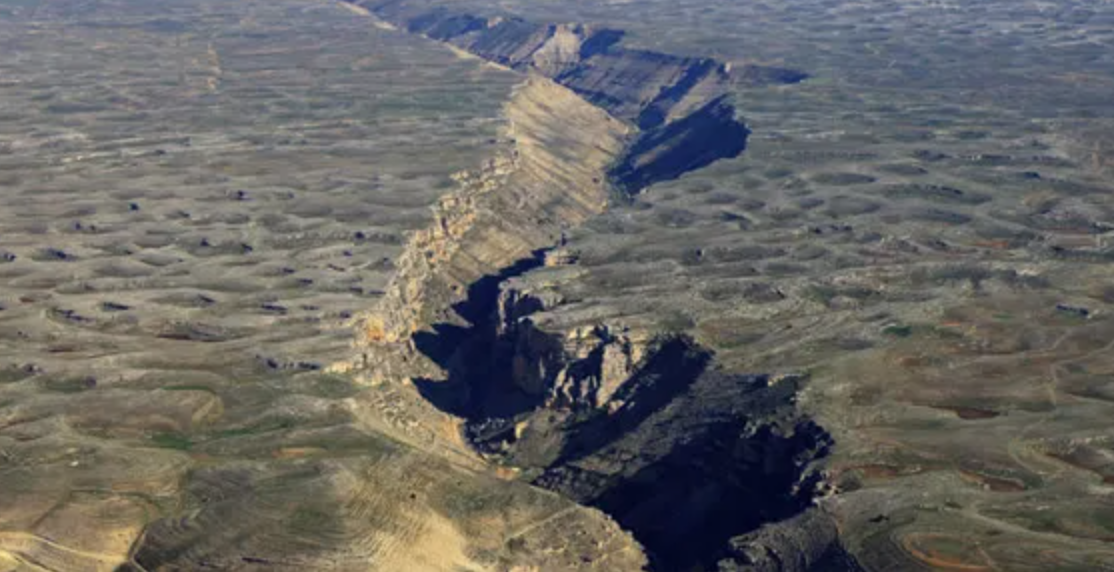Global and environmental economy could be impacted by Russian invasion of Ukraine
Recent research suggests the Russia-Ukraine war’s impacts could extend beyond short-term disruptions in global timber markets

The Russian invasion of Ukraine, now stretching into its third year, has deeply affected international trade. (CREDIT: Atlantic Counsel)
The Russian invasion of Ukraine, now stretching into its third year, has deeply affected international trade, with sanctions on Russian exports continuing to expand. Recent research suggests that these impacts could extend beyond short-term disruptions in global timber markets, potentially causing lasting effects on the global economy and the environment.
A new study explores the projected impact of these sanctions, along with the military disruptions in Ukraine, on global wood product markets.
Researchers used the Global Forest Products Market model to simulate two scenarios: one where the invasion never occurred and another that considers the current sanctions and trade disruptions up to 2025. This comparison allowed them to develop a model predicting changes in the global wood product markets both in the near future and over the long term.
Rajan Parajuli, associate professor of forest economics and policy at North Carolina State University and the study’s corresponding author, emphasized the severity of the invasion's immediate impacts.
“In the short term, which we define as within ten years of the end of the invasion, our model predicts an increase in price up to three percent for things like industrial roundwood and finished wood products,” Parajuli explained. “Russia is a top producer of forest products, and they supply all over the world, so sanctions on them are very impactful. You must also factor in the disruptions in Ukraine, where the military operations will make things like timber harvesting very difficult.”
In the long term, Russia might recover a significant portion of its timber market share. Projections extending to 2050 suggest a lower overall level of disruption as Russia's industrial timber markets gradually recover. Assuming the invasion ends in 2025, the model predicts that global markets could begin returning to pre-invasion levels within 10 to 30 years.
However, not all product markets are expected to return to their previous states. Parajuli highlighted that some impacts could persist beyond the conflict's end.
Related Stories
“We found that products like wood-based panels, paper, and paperboard will not recover in Russia or Ukraine. These are not large markets, and our model predicts that if these countries cannot produce those products for a few years, other countries will move into that space,” he noted. “The sanctions will cause higher prices, which we predict would lead resource-rich countries like the United States, Canada, China, and some other Asian countries to ramp up production. They will want to sell while the price is high.”
This shift in production and trade could have serious global implications, both economically and environmentally. While increased production in other countries could serve as a significant economic driver, it also raises concerns about potential environmental consequences.
Researchers warn that this increase in production could lead to loosened environmental regulations and greater deforestation, particularly in developing countries already struggling with high levels of illegal logging. These regions may face the brunt of the environmental damage as timber logging intensifies.
The study underscores the complexity of the invasion's impacts, revealing that the consequences extend far beyond immediate geopolitical concerns. The global wood product markets, deeply interconnected with both the economy and the environment, are poised to undergo significant shifts. These shifts, driven by sanctions and military disruptions, could reshape global trade patterns and environmental practices for decades to come.
The long-term recovery of Russia’s timber industry, while potentially stabilizing for global markets, might not restore the status quo. Instead, new market leaders may emerge, and with them, new challenges related to sustainable production and environmental conservation.
As countries like the United States, Canada, and China ramp up timber production to capitalize on higher prices, the environmental costs could be steep, particularly in regions already vulnerable to deforestation.
In summary, the study highlights that the ripple effects of the Russian invasion of Ukraine are likely to be felt across the globe for years to come. The interplay between economic recovery and environmental sustainability will be crucial in navigating the post-invasion world, with the decisions made today shaping the future of global wood product markets and the health of our planet.
Note: Materials provided above by The Brighter Side of News. Content may be edited for style and length.
Like these kind of feel good stories? Get The Brighter Side of News' newsletter.
Joshua Shavit
Science & Technology Writer | AI and Robotics Reporter
Joshua Shavit is a Los Angeles-based science and technology writer with a passion for exploring the breakthroughs shaping the future. As a contributor to The Brighter Side of News, he focuses on positive and transformative advancements in AI, technology, physics, engineering, robotics and space science. Joshua is currently working towards a Bachelor of Science in Business Administration at the University of California, Berkeley. He combines his academic background with a talent for storytelling, making complex scientific discoveries engaging and accessible. His work highlights the innovators behind the ideas, bringing readers closer to the people driving progress.



